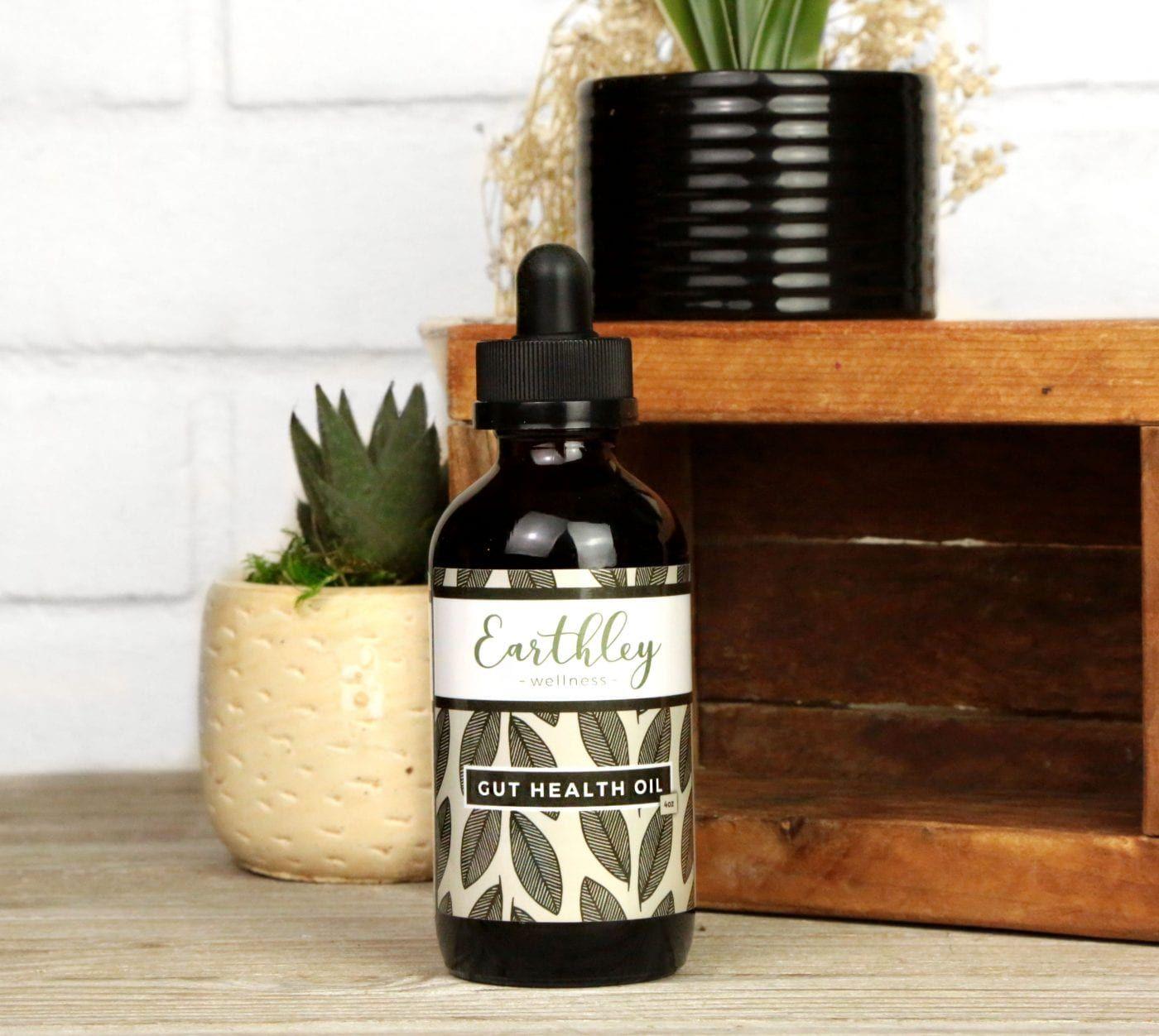What You Need to Know about Liver Congestion
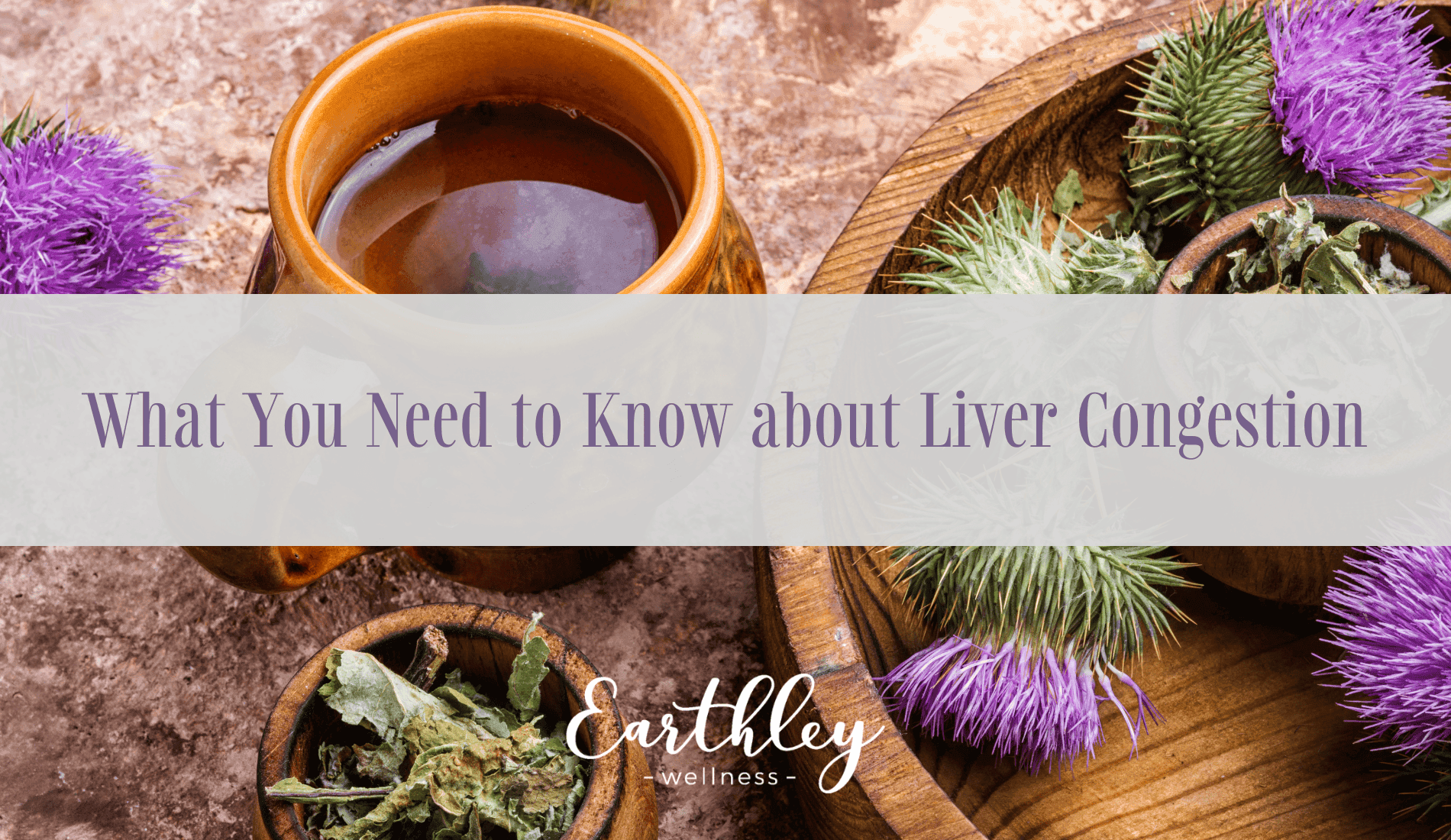
Fatigue, sluggishness, stomachaches….
Many people experience these symptoms — and more — on a regular basis. While there are many possible reasons, it could be due to liver congestion!
What is Liver Congestion?
The liver is one of our “detox organs.” Its job is to filter all the toxins that we are exposed to on a daily basis, so that they can be safely excreted.
Unfortunately, in our modern world, there are so many toxins that the liver can become overburdened. They’re found in our air, water, and food. It’s hard for the liver to do its job when there is so much extra to handle these days!
When the liver is overburdened, it can become congested. When it does, it’s no longer effectively filtering out those toxins, which can stay in a person’s system (get stored in fat to protect the body from it). This can result in lots of different symptoms – some that may show up even years later when that fat is accessed!
Signs of liver congestion may include:
- Weight gain/loss
- Fatigue
- Pain in upper right side (front or back)
- Bloating
- Nausea
- Acne/breakouts (1)
- Frequent illnesses
- Poor sleep quality (2)
- Headaches (especially right-sided)
- Dizziness
- Irritability, Anxiety/depression (3)
- Sensitivity to chemicals (perfumes, etc.) (4)
- White or yellow coating on the tongue (5)
- Itchy skin (6)
- Hormone imbalances (7)
- Musty-smelling breath (8)
Although these may also be signs of other issues, liver congestion underlies a lot of different problems that people face! When the liver can’t break down excess hormones, clear toxins, produce bile, etc. then the body can’t digest food well and absorb nutrients, maintain hormone balance, have energy, and so on.
Why it is Important to Help the Liver
The liver plays a huge role in a lot of what the body does. It isn’t just outside toxins either. There are materials IN our body it has to detox and send on its way also.
One of the liver’s jobs is to break down excess hormones in the body (9). Your body is constantly producing new hormones (chemical messengers) that tell your body what to do. Once those hormones have done their jobs, they need to be broken down and excreted. But when the liver is congested, that doesn’t happen — and too-high levels of some hormones can circulate (10). Read more in What No One Tells You about Hormone Balance and Understanding Menopause (and Perimenopause).
Some pregnancy issues are related to congested livers, too. Itchy rashes like PUPPS, cholestasis, possibly even pre-eclampsia (11). These are all signs that more liver support is needed! Read more in Tips for Dry Skin and Rash While Pregnant.
Skin issues are often due to liver congestion. If your body can’t detox through your liver like it’s supposed to, it will push stuff out through the skin. This can lead to acne on the face or body, flares of eczema or psoriasis, or other minor rashes.
The liver plays a pretty big role in digestion, too. If it isn’t functioning optimally, it doesn’t produce the right amount of bile. That means that fat isn’t broken down, and it can cause gas, bloating, stomach upset, and poor nutrient absorption. (And if your body isn’t absorbing nutrients well, then lots of other things don’t work right either!) Read more in Support for Healthy Digestion.
Basically, if your liver isn’t functioning, there are a lot of possible problems that can happen! And no matter what issues you are addressing, if you don’t support your liver, they won’t be as effective.
For example, many people make the detox mistake of focusing on cleanses or special diets causing more harm than good. Or they do quick and strong detoxes that puts more pressure and workload on the liver.
How to Support the Liver
Okay, now that we’ve covered why liver support is so important, let’s talk about how to do it! Gentle and supportive is the best goal.
#1: Fresh, Filtered Water
Drink plenty of fresh water! Without water to help things stay lubricated and move easily, our bodies do not detox effectively — including our livers. It is important to filter it when possible. Between outside toxins getting into the water supply and old pipes eroding, a good water filter can save you a lot of health issues. You can read more in What You Need to Know about Water Filters
#2: Beets
Beets are pretty much a super food when it comes to liver support. They have antioxidants, can help to break down excess fats, are anti-inflammatory, and more. Enjoy them whole, or try juicing them with apples and lemons (both of which are also good for liver and gallbladder support, plus it makes the juice taste good).
If in a hurry, dried beet powder works too. Beets are used in Earthley’s Super Food Powder for a quick and easy grab. Just put some in a smoothie, applesauce, yogurt, on salads, or even in a cup of water.
Be aware that beets can lead to red bowel movements or urine (12) — and this is not cause for alarm! It can point to weak digestion, though. Red bowel movements can mean the large intestine needs support; red urine can mean low stomach acid (13). If neither occurs then the digestive system was prepared with optimal acid levels for it and not overloaded with beet pigments.
#3: Kombucha
This “wonder drink” is made from fermented sweet tea, and contains several different organic acids and high levels of B vitamins. It helps to gently support and detox your liver. Just make sure to drink plenty of water with it, and start slowly if you’re not used to it.
While kombucha can be expensive to buy ($3 – $4 for a 16-oz. bottle), it’s very cheap and easy to brew.
#4: Milk Thistle Seed
Milk thistle contains a bioflavonoid called silymarin, which helps to support and detox the liver naturally. It’s one that even the mainstream has used for liver issues. It’s best to either take ground milk thistle powder capsules or to take an alcohol-based extract. Silymarin isn’t water-soluble, but is alcohol-soluble. We use milk thistle in our Liver Love tincture.
#5: Turmeric Root
Turmeric contains a compound called curcumin, which is a powerful anti-inflammatory and antioxidant that can support liver health. It also supports gut health and heart health, so it’s an all-around awesome choice! It pairs well synergistically with black pepper. You can sprinkle it on food (goes great with chicken and soups), in capsules, or tinctures like our Liver Love tincture.
Liver Love Herbal Tincture
Besides drinking kombucha and fresh water regularly, one of my favorite ways to support the liver is with this Liver Love extract. I formulated it in the fall of 2017, and it has helped my husband so much when he is dealing with signs of liver congestion. At one point, he was getting migraines that seemed to be related to liver stagnation, and natural pain relievers didn’t touch it. But Liver Love took care of it!
Liver Love is an alcohol-based extract of turmeric, milk thistle, black pepper, peppermint (also supports the liver and bile production), and dandelion root (another great liver support herb). All the ingredients are organic and the alcohol is derived from sugar cane — not grain.
Support your liver…and experience better health!
Further Reading Suggestions:
- The Immunity Tool Guide (learn how the detox pathways (Liver, kidneys, lymphatics, and blood) flow and what helps them)
Disclaimer: This post is not intended as medical advice. These statements have not been evaluated by the FDA, and nothing in this post is intended to diagnose, treat, or cure anything. If you have questions, please do your own research or seek advice from a health professional.
Sources:
1 https://pubmed.ncbi.nlm.nih.gov/31498706/
2 https://pubmed.ncbi.nlm.nih.gov/34273289/
3https://www.ncbi.nlm.nih.gov/pmc/articles/PMC9351862/#:~:text=Imbalance%20in%20the%20liver%20meridian,depression%2C%20anxiety%2C%20and%20insomnia.
4 https://www.ncbi.nlm.nih.gov/pmc/articles/PMC1469804/
5 https://www.ncbi.nlm.nih.gov/pmc/articles/PMC3652181/
6https://www.nhsinform.scot/illnesses-and-conditions/stomach-liver-and-gastrointestinal-tract/cirrhosis#:~:text=However%2C%20as%20your%20liver%20loses,)%20and%20abdomen%20(ascites).
7 https://pubmed.ncbi.nlm.nih.gov/334126/
8 https://www.ncbi.nlm.nih.gov/pmc/articles/PMC3971429/
9 https://pubmed.ncbi.nlm.nih.gov/334126/
10 https://pubmed.ncbi.nlm.nih.gov/334126/
11 https://www.ncbi.nlm.nih.gov/pmc/articles/PMC4779350
12 https://pubmed.ncbi.nlm.nih.gov/1633948/
13 https://pubmed.ncbi.nlm.nih.gov/8148871/
Some of our top recommendations:
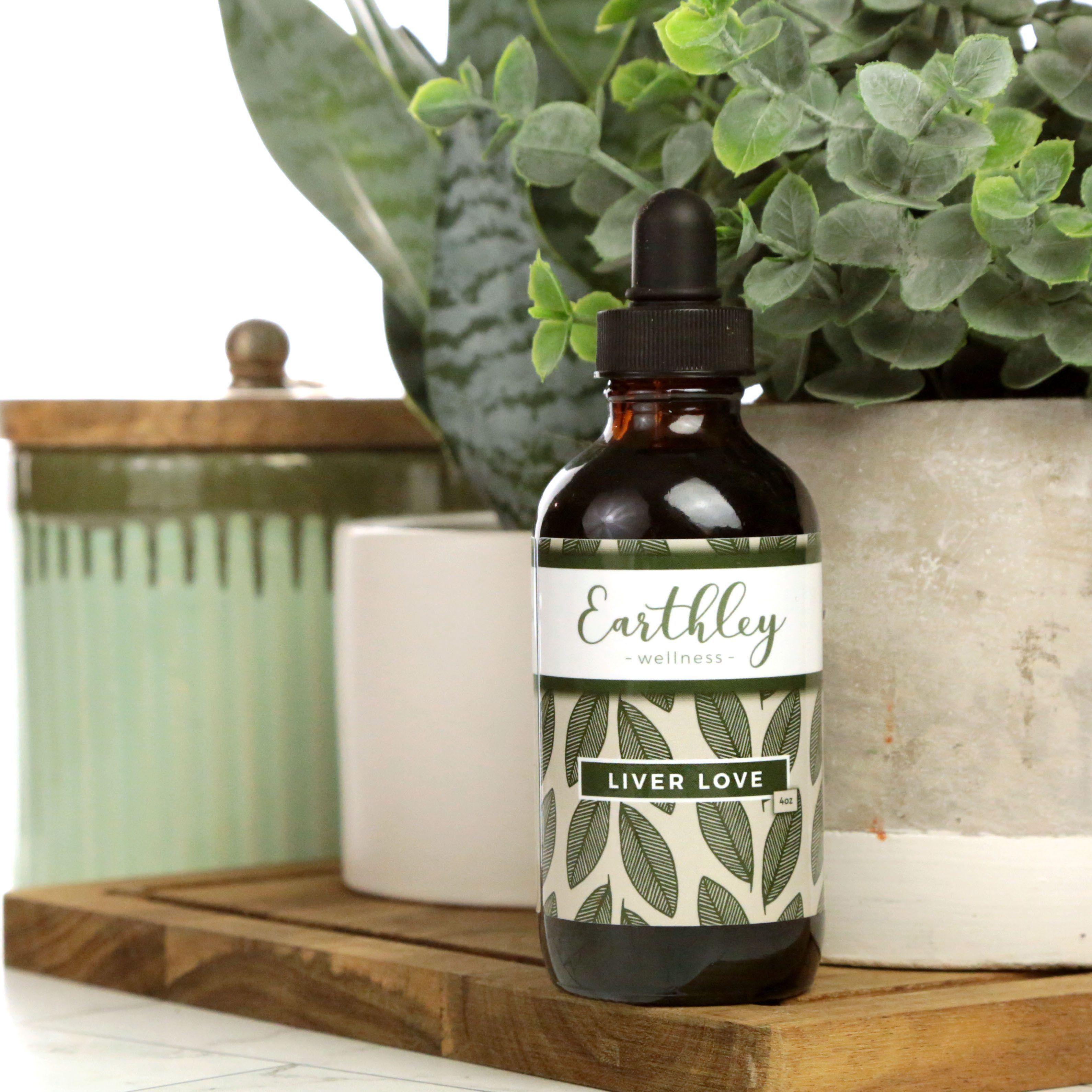
To support healthy liver function
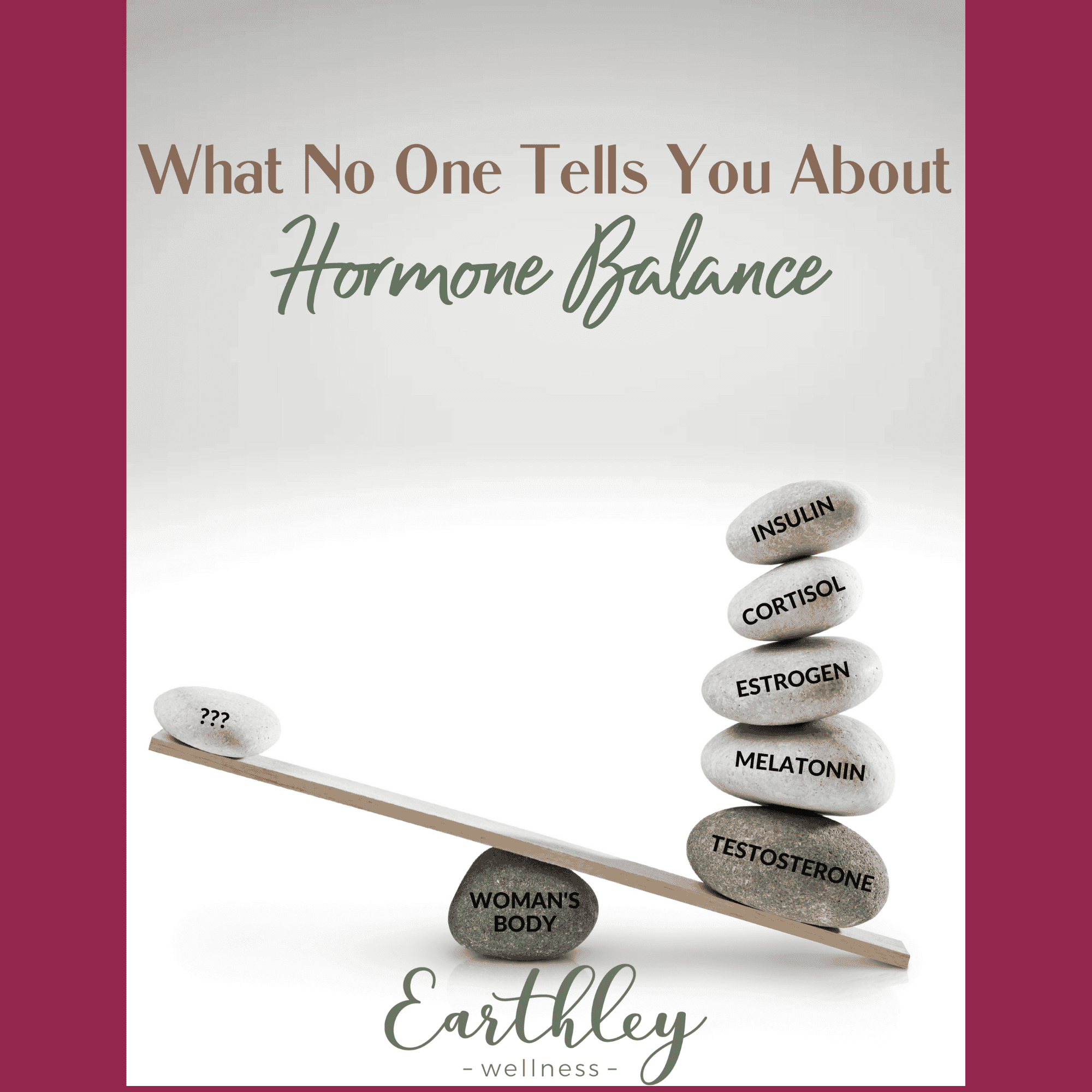
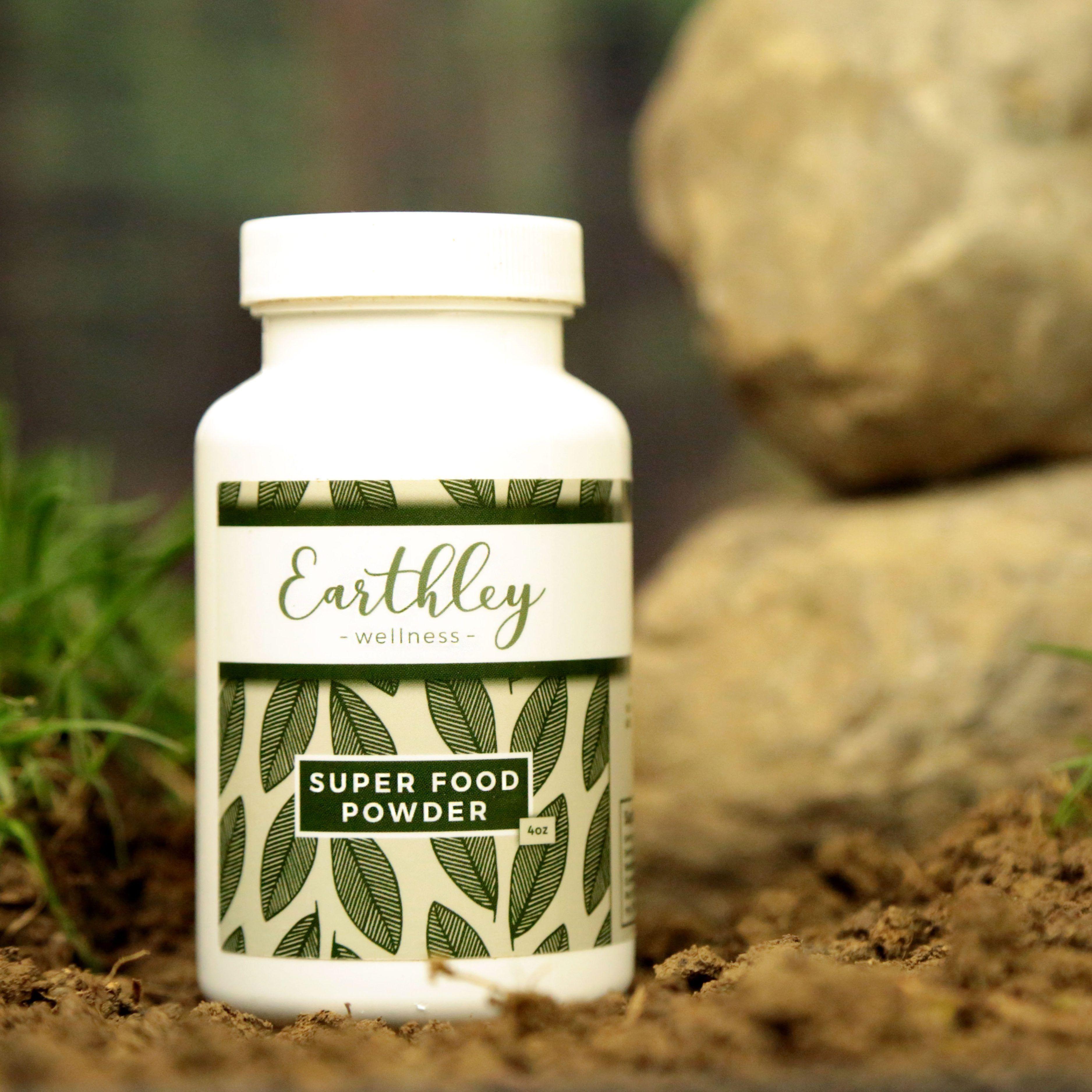
Promotes energy, gut health, and immunity with the nourishing power of plants
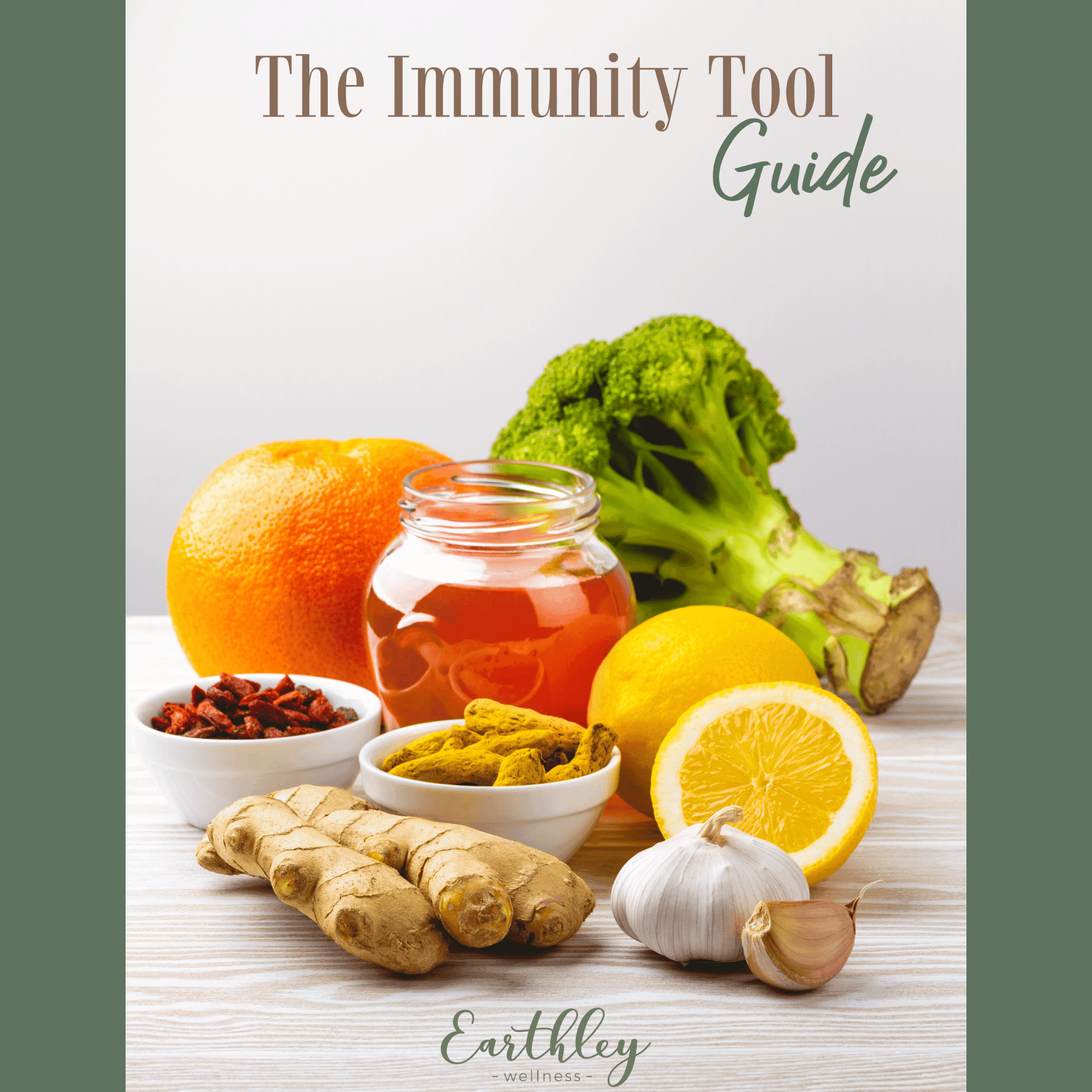
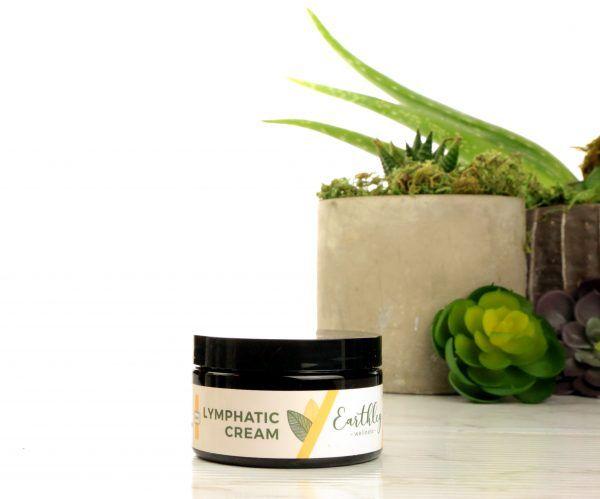
To promote a healthy lymphatic system.

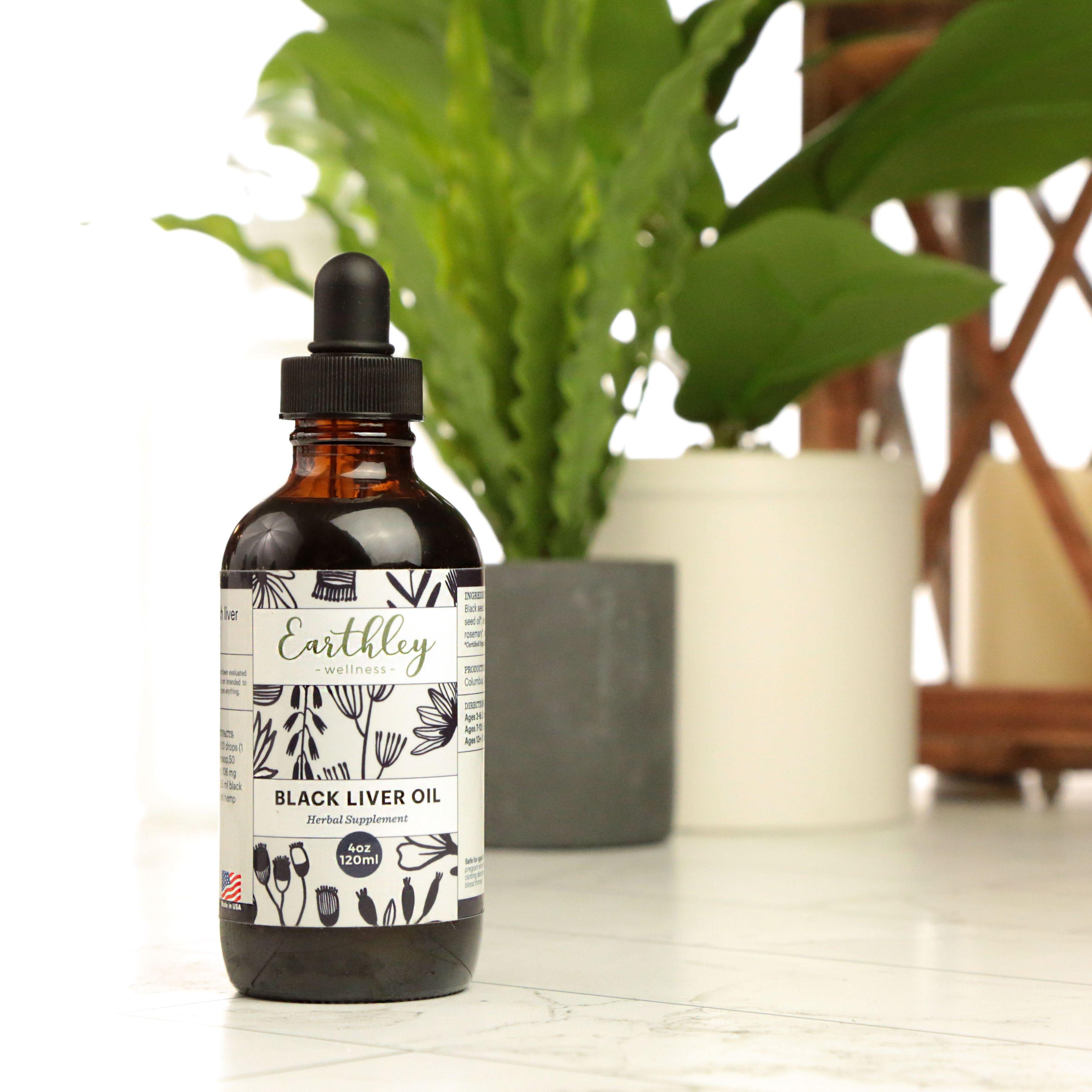
Antioxidant-rich liver support
